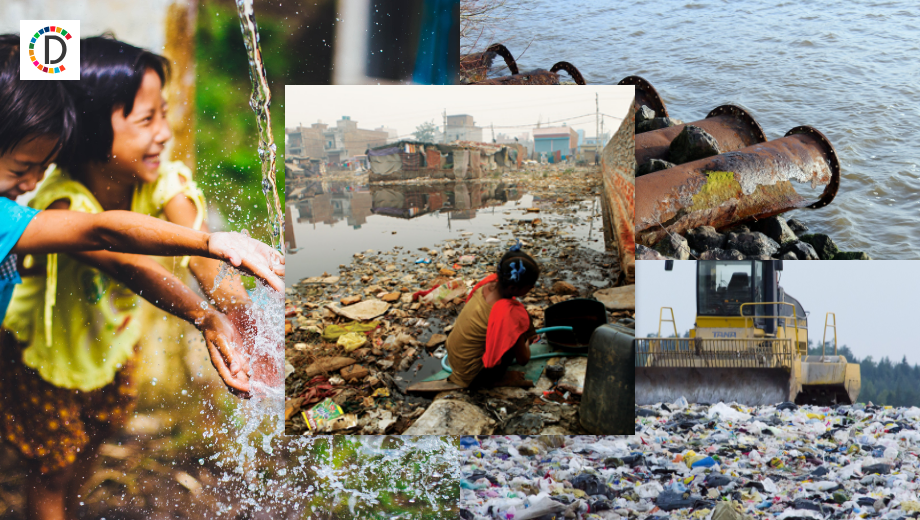Turning Waste to Worth: India's Urban Water Challenge
A report highlights that only 28% of urban wastewater in India is treated, with the rest polluting natural water bodies. Experts emphasize the potential in wastewater recycling to tackle urban water scarcity and promote sustainability amidst challenges like rapid urbanization and climate change.

- Country:
- India
A new report by the Centre for Science and Environment reveals that only 28% of India's urban wastewater is treated, leaving the majority to pollute rivers, lakes, and land. This untreated wastewater exacerbates the country's growing water crisis, as stated in the report released this Monday.
Experts argue that addressing this issue by treating and reusing wastewater could be a game-changer for India. Rajiv Kumar Mital, Director General of the National Mission for Clean Ganga, emphasized the need for leveraging treated water's full potential, pointing to its role as an invaluable resource.
Sunita Narain, Director General of CSE, underscored the urgency of wastewater reuse, citing India's urbanization, industrial growth, and climate change as key drivers of water scarcity challenges. The Jal Shakti Ministry has mandated a 20% minimum recycling and reuse target for cities, aligning with a broader circular economy framework aimed at achieving sustainability and addressing freshwater demand.
(With inputs from agencies.)










